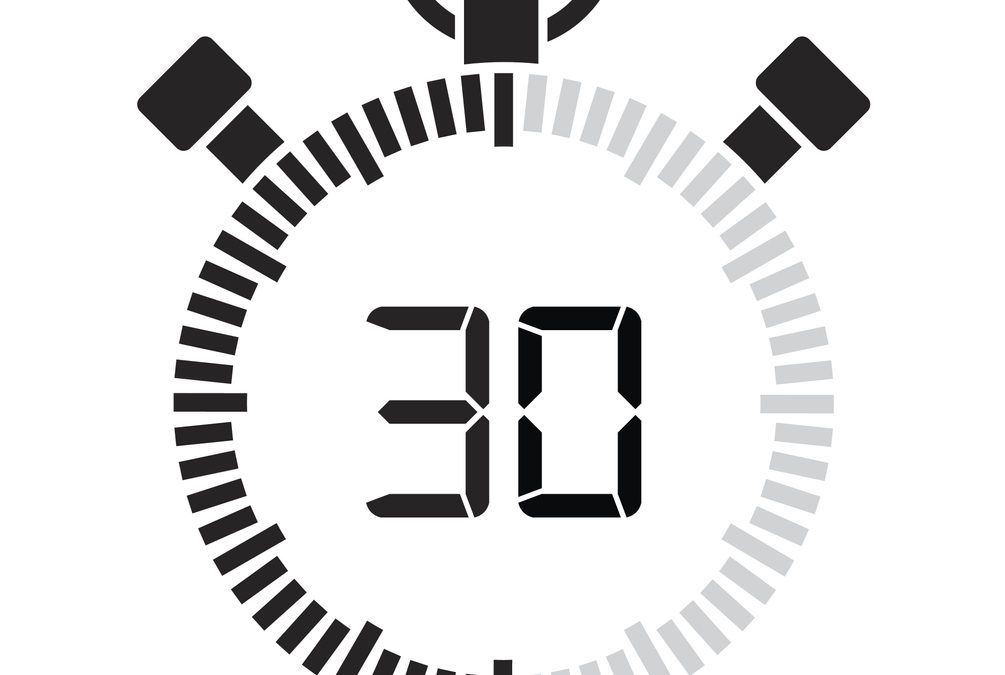I read an article about Elon Musk, CEO of Tesla Inc and Space X. What was most interesting is the video clip that came with the article where Musk was being interviewed by a journalist with many photographers and press around them.
Every time the interviewer asked Musk a question, he would pause a full 30 seconds before answering. Watching the clip, I thought this had to be a joke as the 30 seconds of silence seemed so incredibly awkward. It was not just one question Musk took 30 seconds to answer, but every question.
Reading the article, I learned the reasoning for the intentional wait every time a question was asked. In those 30 seconds Musk thoroughly thought through the question being asked as well as quieting any distractions that would hinder his concentration. When Musk did answer the journalist’s question the answer was well thought through and did not come of off as it was previously rehearsed. Even though waiting an entire 30 seconds before answering someone’s question may seem awkward and unnecessary, there is solid reasoning behind the idea.
- Tailor the answer specifically to the question asked.
- Exactly answer the question to minimize any tangents
- Minimize emotions that may arise to keep ego in check.
- Think through beforehand what needs to be said without inserting personal bias in the answer.
Even though this event was a press conference, I thought about how this could apply to more common scenarios and the one I thought this would apply best is with conflict.
In conflict, it is so easy to say something most of the time that does not need to be said because in that moment a person is hurt and in return either lash out in anger or they shut down completely.
I identify most with the latter as when someone is mad at me, I cannot think of an answer in the moment to save my life. The 30-second rule would give me some time to collect my thoughts and determine what to say.
On the other end of the spectrum is the person who is hot tempered and tends to not think before speaking. Even though the 30 second rule would be a big ask and would require a lot of trial and error, theoretically this would give the person time to cool down and think versus reacting.
In practice, every single conflict may not warrant a 30 second pause before an answer. What may be a good start is waiting maybe five to ten second before responding for the sole purpose of collecting yourself and to remove emotion from the answer that may lead to something said that may be regretted.
A pause in a conversation does not have to be in a conflict either. The best conversations are the ones where two people give each other the time and space to be honest and wholly present. A pause after a question can also be used to rid your mind of distraction to fully focus on the question asked.
If you are looking for a therapist near you then a Google search is a great way of finding one. I happen to be a therapist in Charlotte, NC but am licensed to counsel anyone in the state of North Carolina. In Google, try looking for “psychotherapist,” “find therapist,” “therapy near me,” or even “counseling charlotte, nc.” If you feel like you have hit a wall you are not able to get past, call me at (704) 458-6298 or email me at jeffhelms@clearerthoughtspllc.com.
Learn more about Individual Therapy, Couples Therapy or Christian Therapy.
Follow Clearer Thoughts on Facebook. Click here.
Clearer Thoughts is on Instagram. Click here.
You can set up an appointment for your free 30-minute consultation by clicking here.


